Saudi Arabia's big sports bet
The recent PGA-LIV Golf merger is just the tip of this oil-funded iceberg


A free daily email with the biggest news stories of the day – and the best features from TheWeek.com
You are now subscribed
Your newsletter sign-up was successful
If Crown Prince Mohammed bin Salman's grand athletic ambitions weren't yet clear enough, Saudi Arabian soccer outfit Al-Hilal on Monday offered Paris Saint-Germain a record $332 million for 24-year-old star Kylian Mbappé, an eye-watering sum that once again underscores the country's commitment to modernization under MBS' "Vision 2030" plan. If the French star were to accept the sale, the Kingdom is allegedly planning to offer him somewhere in the ballpark of $776 million for just one year on the roster, after which he could leave for his preferred home, Real Madrid. At the moment, it seems the striker isn't interested in Al-Hilal's package and will likely leave PSG for Spain at the end of this upcoming season. But the Saudis' deep pockets have nonetheless won over plenty of athletes before, including Mbappé contemporaries Cristiano Ronaldo and Lionel Messi (who maintains a lucrative tourism partnership with the Kingdom despite deciding against an offer to play there), as well as a number of professional golfers, who happily defected from the PGA tour for a gargantuan payday with the Saudi-backed LIV Golf. And that's just the tip of this oil-funded iceberg.
Why is Saudi Arabia investing so much in sports?
In short, it's a play for soft power, as well as a way of overshadowing (aka "sportswashing") the Kingdom's horrific human rights abuses, including the murder of Washington Post journalist Jamal Khashoggi. "A lot of sports fans are easily bought off," Ben Freeman, a research fellow at the Quincy Institute, told The Guardian. "If somebody buys their team, they support them. Even if it happens to be an authoritarian government, like the Saudis."
It also serves as a key piece of MBS' "Vision 2030" initiative — his plan to diversify the nation's economy and improve the quality of life for Saudi citizens — while simultaneously turning the Kingdom into a place outsiders would like to visit. "The other thing that is very important to [MBS] is making Saudi Arabia a tourist destination and sports are a great magnet for international travelers," journalist Bradley Hope told The Athletic.
The Week
Escape your echo chamber. Get the facts behind the news, plus analysis from multiple perspectives.

Sign up for The Week's Free Newsletters
From our morning news briefing to a weekly Good News Newsletter, get the best of The Week delivered directly to your inbox.
From our morning news briefing to a weekly Good News Newsletter, get the best of The Week delivered directly to your inbox.
Into what sports are the Saudis investing?
In 2021, the country's "enormous" sovereign wealth fund known as the Public Investment Fund (PIF) purchased an 80% stake in the Premier League's Newcastle United, before later turning its attention to superstar footballer Cristiano Ronaldo, now signed to Saudi club Al Nassr to the tune of hundreds of millions. In 2023, the Kingdom also nabbed Real Madrid's Karim Benzema and Chelsea's N'Golo Kante and has continued to target other sharpshooters, like Manchester City's Riyad Mahrez and Wolverhampton's Ruben Neves.
Other areas of focus include Formula 1, where a Saudi Arabian oil giant serves as the joint title sponsor for the Aston Martin team; boxing, for which it's hosted both title fights and "high-profile," viral events, like the match between Jake Paul and Tommy Fury; and cricket. Perhaps most surprising, though, is the Saudi's interest in esports, which is driven in large part by climate. "For several months, it is simply too hot to play sports or stage events outdoors," Simon Chadwick, a professor at the SKEMA Business School, told the Athletic. But "esports enables year-round engagement."
What do athletes say about all this?
It's pretty difficult to compete with Middle Eastern money, and plenty of players have jumped at the chance to earn more (both Lebron James and Giannis Antetokounmpo joked about happily accepting Mbappé's offer). For others, however, a move to a Saudi Arabian league presents more of an ethical problem, especially if the athlete has spoken out against the Kingdom before. Take Jordan Henderson, for example, the captain of Liverpool FC and a vocal proponent of LGBTQ+ rights within soccer. He's currently on the cusp of a lucrative deal with Saudi Arabia's Al-Ettifaq, though the country's laws on homosexuality are at direct odds with the causes he champions. Then there is golfer Rory McIlroy, who stuck with the PGA even as his counterparts collected their Saudi-funded checks and was recently forced to admit, with his tail between his legs, that maybe the shock PGA-LIV merger won't be such a bad thing after all. "I still hate LIV," McIlroy said after the news broke. But when you think about "one of the biggest sovereign wealth funds in the world, would you rather have them as a partner or an enemy? At the end of the day, money talks and you would rather have them as a partner."
What are the larger implications of this push?
It's certainly possible the Saudis apply to other sports the same playbook they used for the LIV-PGA merger: create or bolster a rival league, and poach some of the best athletes until you're taken seriously. Basketball could be a prime candidate for this, considering it requires "fewer players than baseball or football, and courts are fairly easy to find or build," said The New York Times. Tennis might also work — "it's an individual sport, which makes it easier for PIF to lure athletes with big checks," and "a rival league would only need about a dozen players for an elite tour."
A free daily email with the biggest news stories of the day – and the best features from TheWeek.com
More established athletic bodies have already begun pivoting in response. As the Times noted, "the threat of Saudi competition is likely one reason the WTA raised money from the private equity firm CVC Capital this year." And in the event that a rival basketball league does take off, the NBA would likely have to remove its salary cap to even think of competing with what the Saudis can offer its top stars, Chris Manniz mused in Sports Illustrated. Direct investment or outright ownership is also a possible next step. Sovereign wealth funds are now permitted to buy stakes in NBA teams, and will likely soon be able to do the same in the NFL.
"Wherever the Saudis go next, they have reminded us of two age-old truisms," wrote Sean Ingle for The Guardian: "Money wins — and most people have a price where they will do business."
Brigid Kennedy worked at The Week from 2021 to 2023 as a staff writer, junior editor and then story editor, with an interest in U.S. politics, the economy and the music industry.
-
 ‘States that set ambitious climate targets are already feeling the tension’
‘States that set ambitious climate targets are already feeling the tension’Instant Opinion Opinion, comment and editorials of the day
-
 Mixing up mixology: The year ahead in cocktail and bar trends
Mixing up mixology: The year ahead in cocktail and bar trendsthe week recommends It’s hojicha vs. matcha, plus a whole lot more
-
 Labor secretary’s husband barred amid assault probe
Labor secretary’s husband barred amid assault probeSpeed Read Shawn DeRemer, the husband of Labor Secretary Lori Chavez-DeRemer, has been accused of sexual assault
-
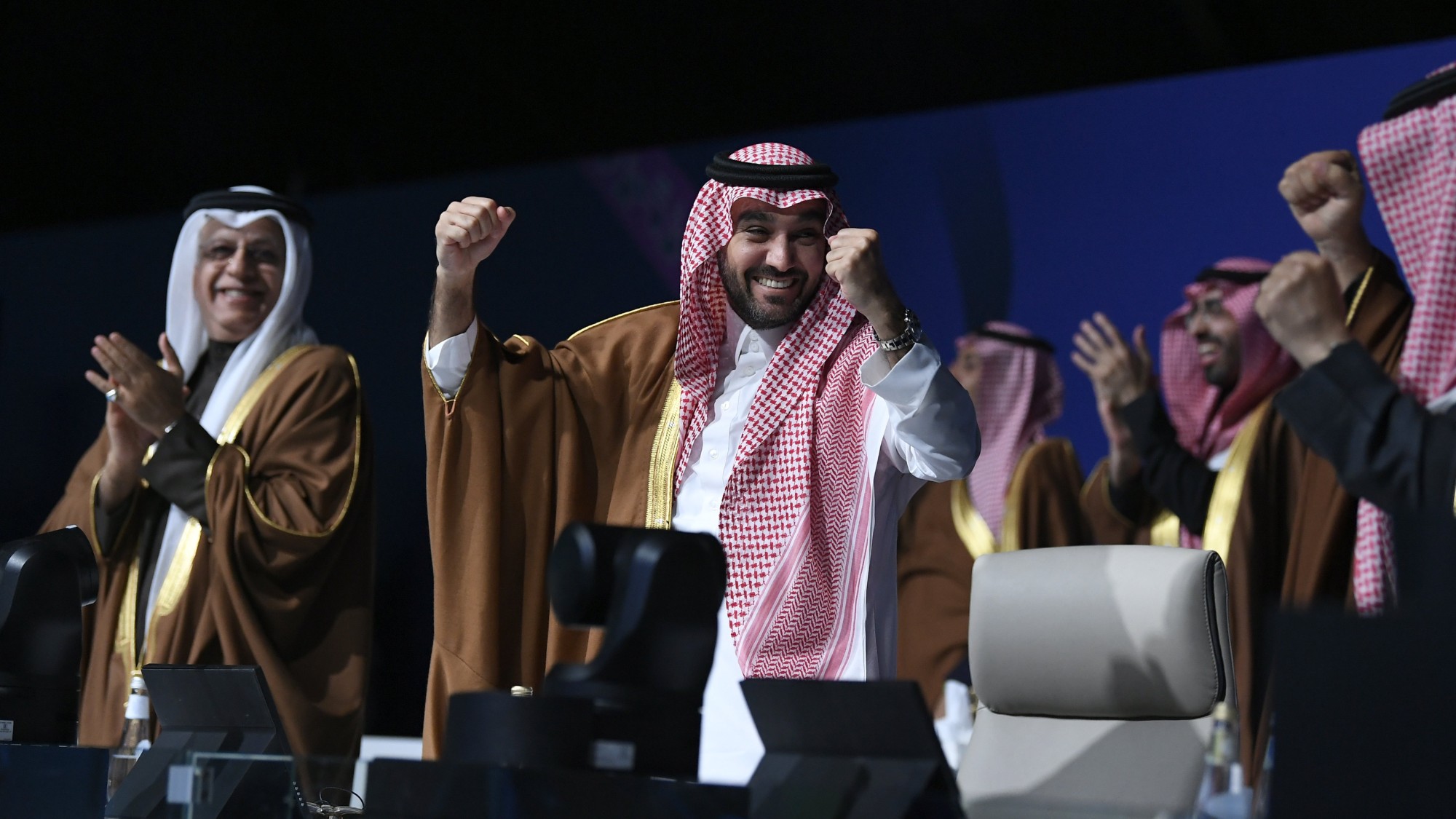 Saudi Arabia World Cup: have lessons been learned from Qatar?
Saudi Arabia World Cup: have lessons been learned from Qatar?Today's Big Question Human rights groups fear a repeat of issues at the 2022 tournament
-
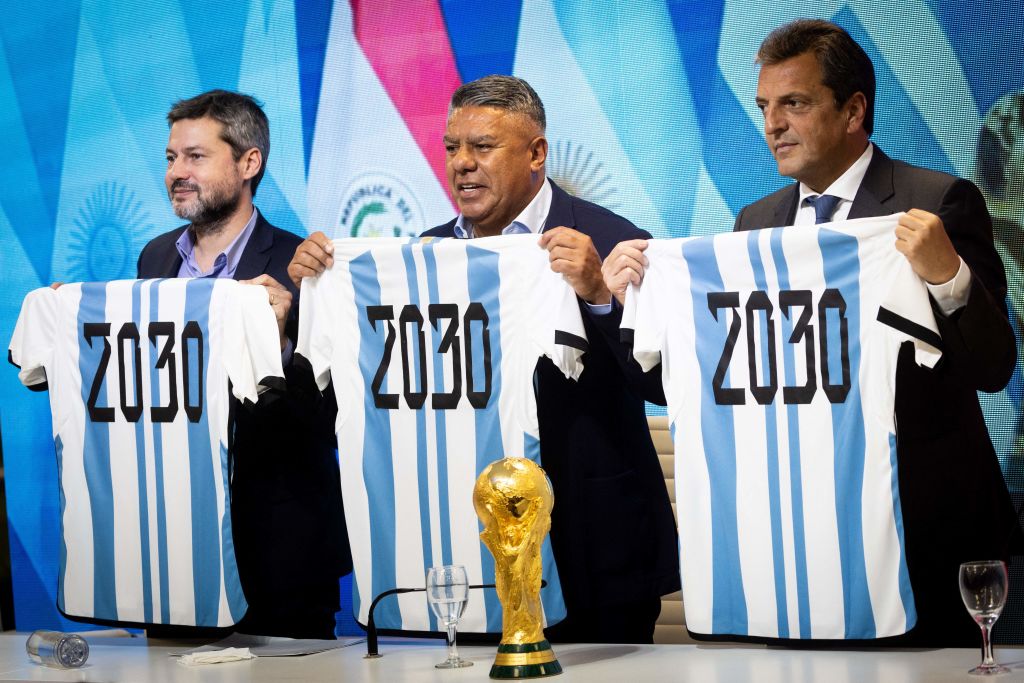 FIFA is embroiled in back-to-back controversies around the World Cup
FIFA is embroiled in back-to-back controversies around the World CupUnder The Radar The controversial selection of the 2030 hosts puts Saudia Arabia in a prime position for 2034
-
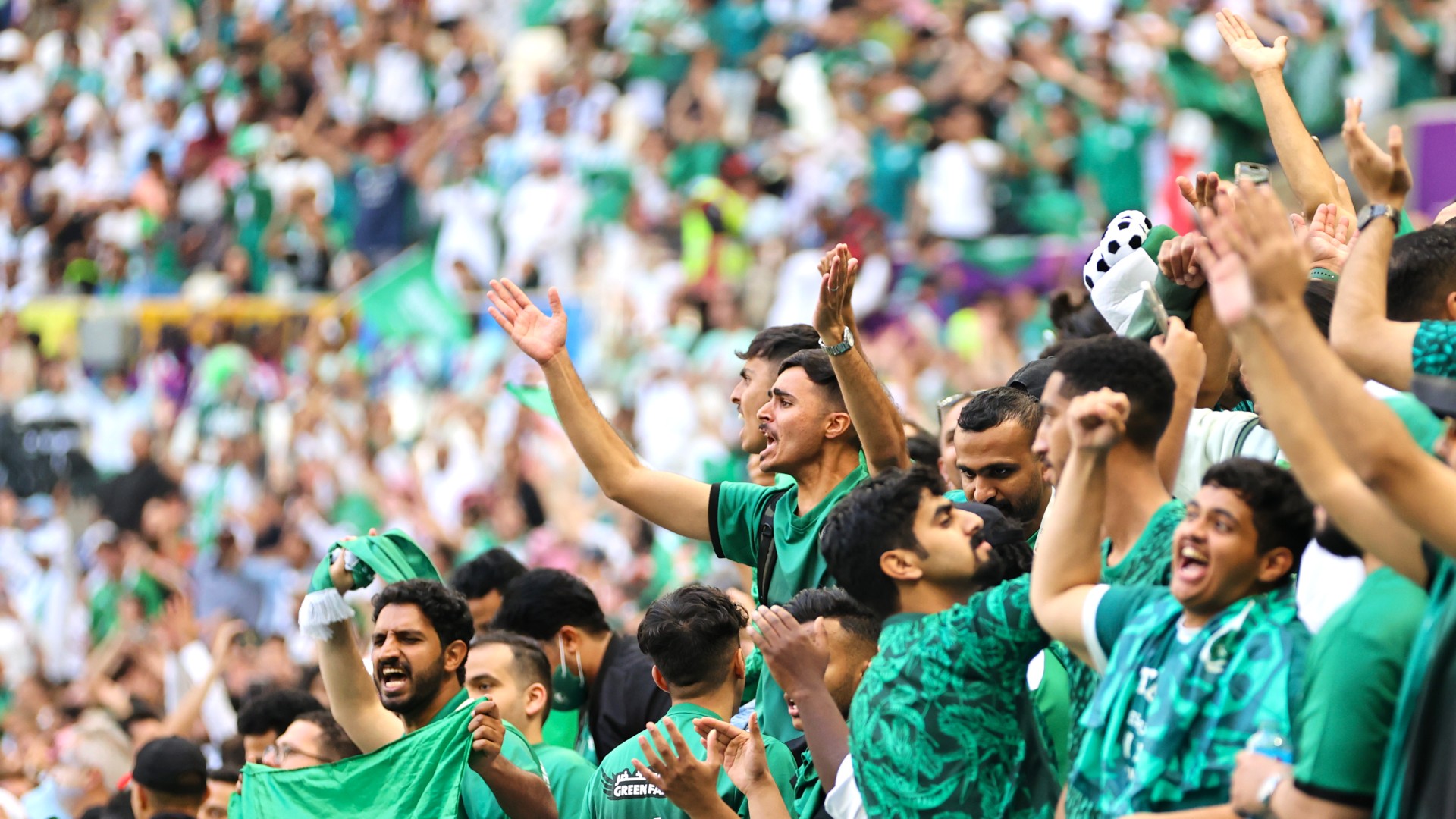 Saudi Arabia's 2034 World Cup: glitz, glamour and 'grimly inevitable'
Saudi Arabia's 2034 World Cup: glitz, glamour and 'grimly inevitable'Talking Point Critics claim country is guilty of sportswashing as it stands unopposed to host tournament
-
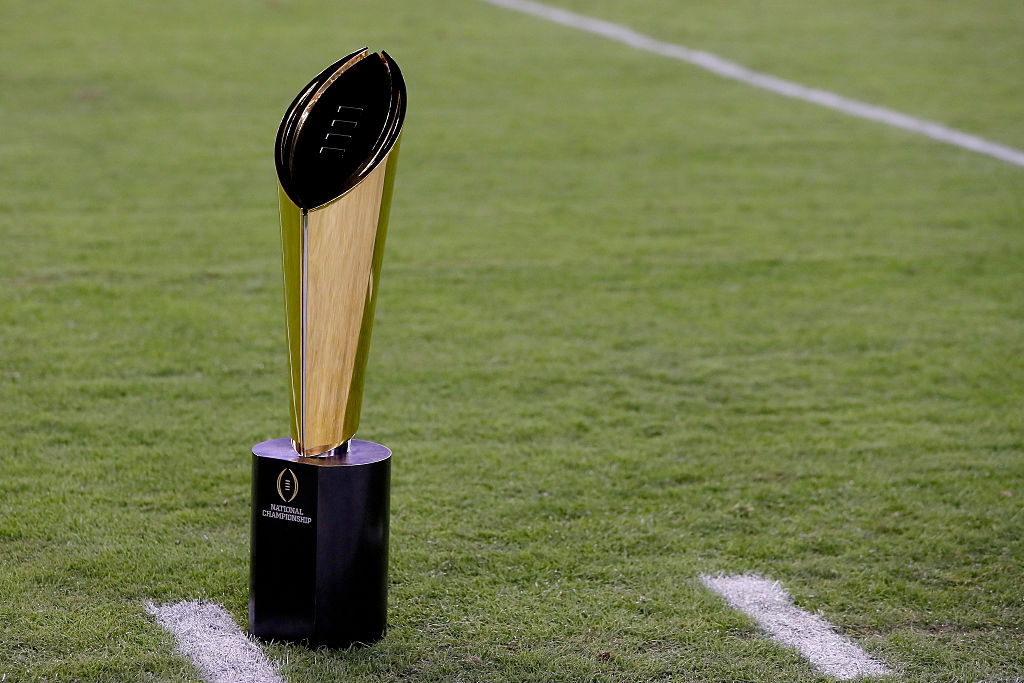 An early look at the college football national champion contenders
An early look at the college football national champion contendersThe Explainer What school could come out on top of the FBS this coming January?
-
 Why baseball's new rules rule
Why baseball's new rules ruleSpeed Read Attendance and viewership have gone up while average game time has gone down
-
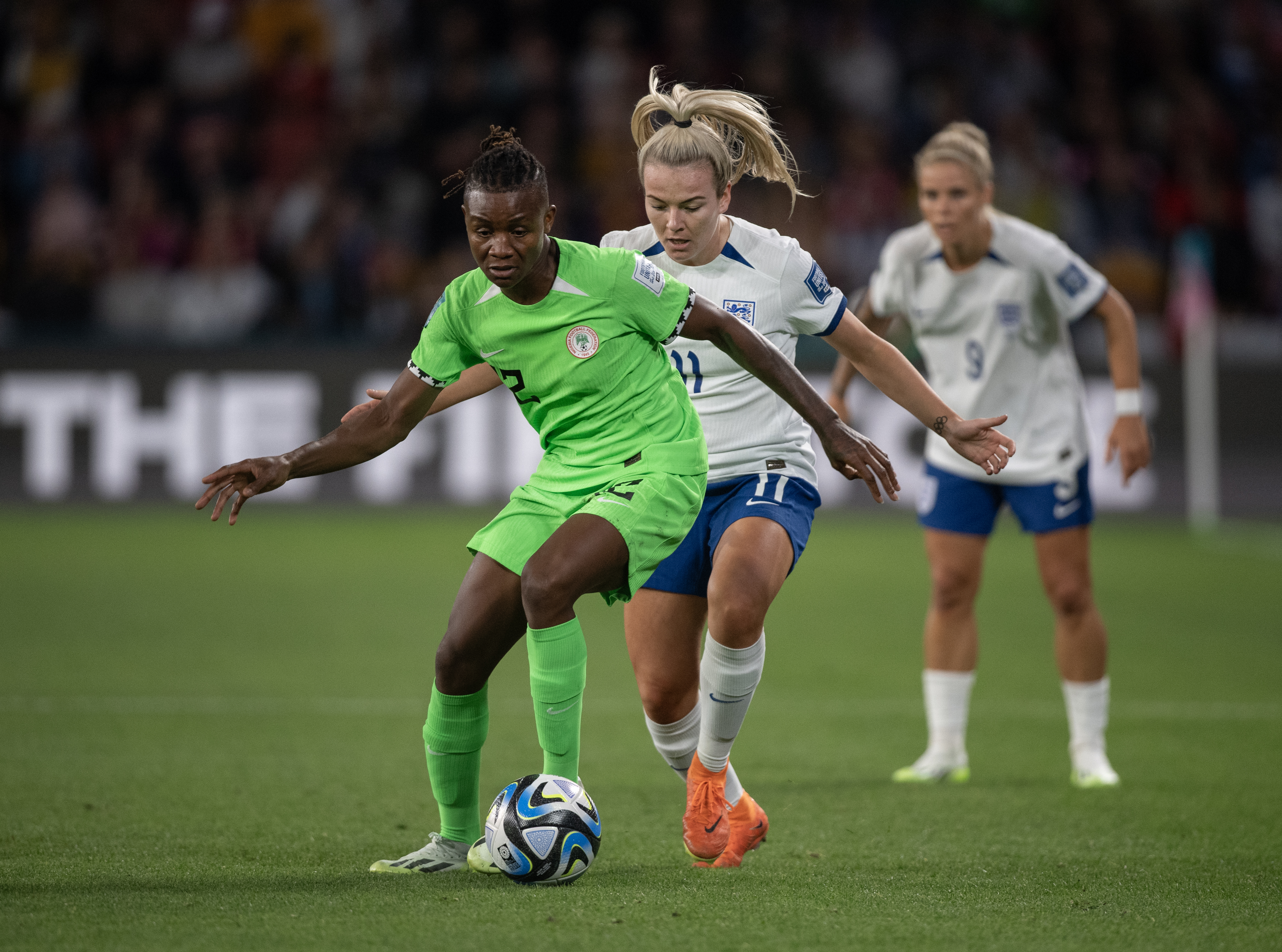 Women's World Cup athletic kits have upped their fashion game
Women's World Cup athletic kits have upped their fashion gameSpeed Read Major brands are embracing gender-neutral and size-inclusive clothing
-
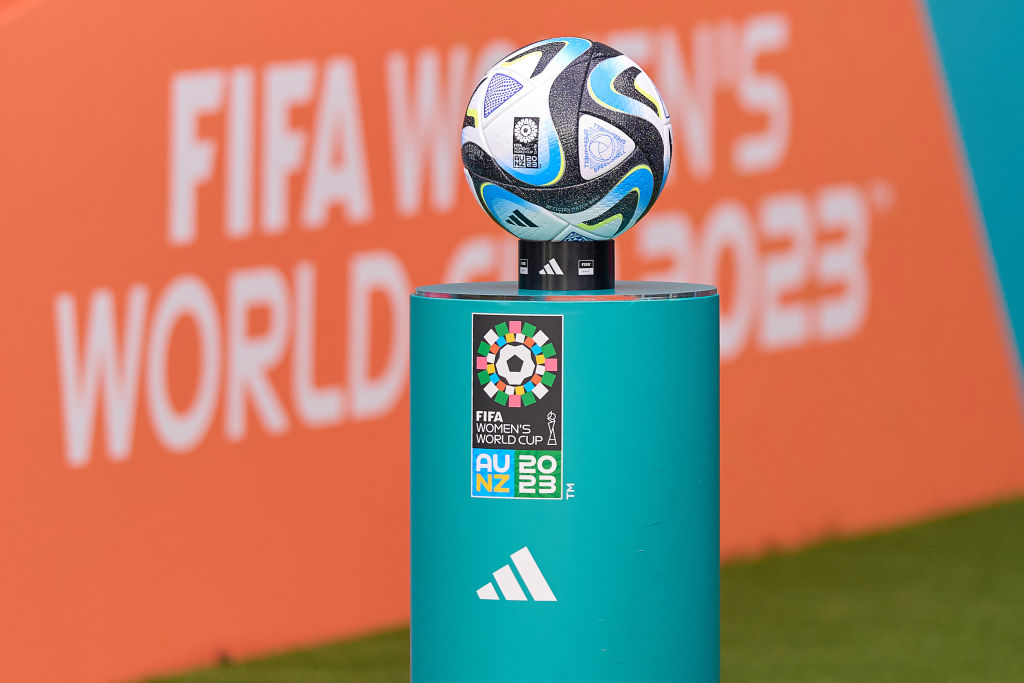 The fight for equal pay
The fight for equal paySpeed Read The Women’s World Cup is the largest women’s tournament ever, but the athletes are still fighting to share in its success
-
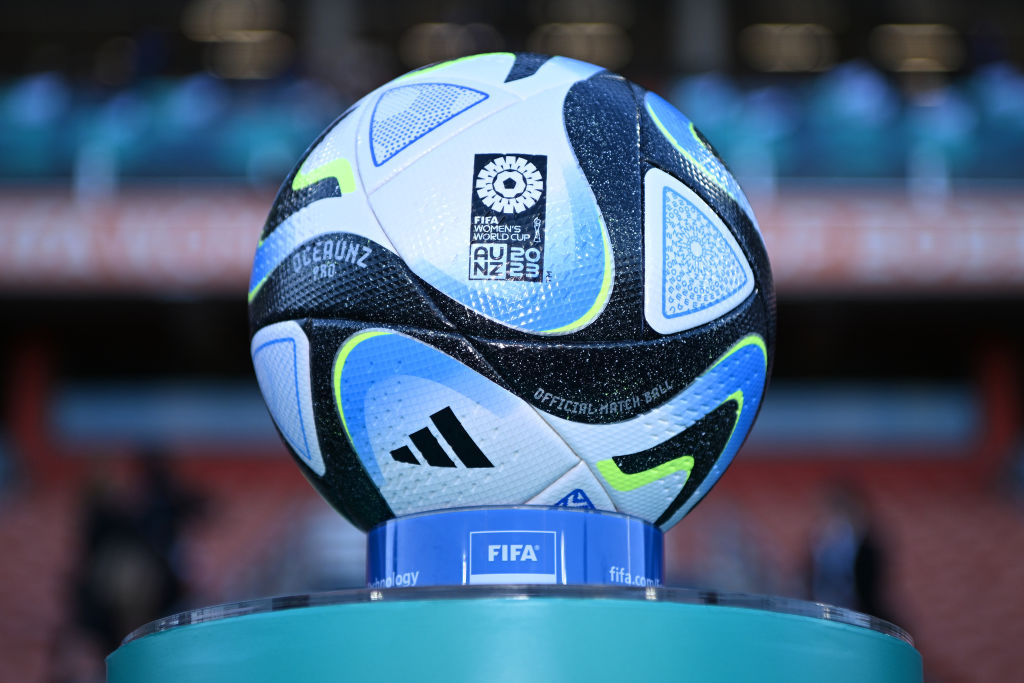 Who will win the 2023 FIFA Women's World Cup?
Who will win the 2023 FIFA Women's World Cup?The Explainer The global tournament has kicked off in New Zealand
